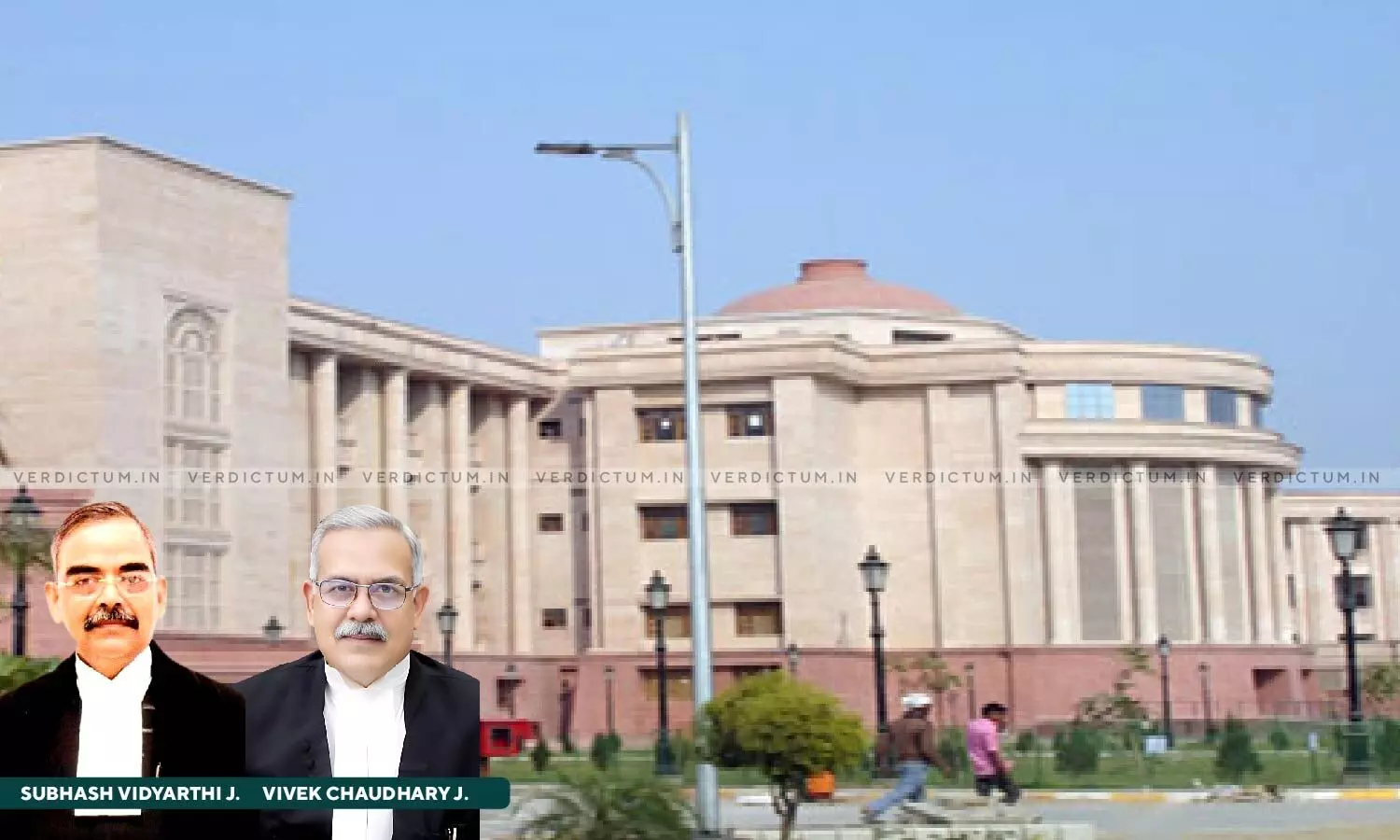
State Has No Power To Establish Board For Education Only For A Particular Religion: Allahabad HC Declares U.P. Board of Madarsa Education Act Unconstitutional
 |
|The Allahabad High Court declared the U.P. Board of Madarsa Education Act, 2004 unconstitutional holding that the State has no power to create a Board for religious education or to establish a Board for school education only for a particular religion and philosophy associated with it.
The Court observed that the very object and purpose of the U.P. Board of Madarsa Education Act (Madarsa Act) was violative of the principles of secularism, and thus, violative of the Constitution of India.
Accordingly, “any such action on part of State violates the principles of secularism, which is in the letter and spirit of the Constitution of India. The same also violates Article 14 of the Constitution of India, which provides for equal treatment to every person by the State,” the Court held.
A Division Bench of Justice Subhash Vidyarthi and Justice Vivek Chaudhary observed, “Under Article 21- right to life…the life has to be purposeful and meaningful. In large fields covered by 'life', ‘education’ also finds prominent place. Such education has to be modern, of good quality and universal in nature…Any education that is not universal and modern cannot be called quality education…A perusal of syllabus of the Madarsa Board shows that the education provided therein is only of languages and Islam as a religion with a little touch of maths etc.”
Advocate V.M.Krishnakumar represented the petitioner, while Advocate S.Prasanth appeared for the respondents.
The petition challenging the vires of the Madarsa Act was filed on the ground that the same violates the principle of Secularism, which forms a part of the basic structure of the Constitution of India as well as Articles 14, 15 and 21-A of the Constitution.
The petitions were filed for the enforcement of the Fundamental Rights of minor children of the marginalised and poor Sections of the largest minority community of the State.
It was argued that the State cannot teach a particular religion in the name of traditional education and that “education to children of any minority community has to be of same quality as is being provided to other children of the state.”
While the students of all other religions were getting educated in all modern subjects, the Court held that the denial of the same quality by the Madarsa Board amounted to violation of both Article 21-A as well as Article 21 of the Constitution of India.
“The State cannot hide behind the lame excuse that it is fulfilling its duty by providing traditional education on nominal fee.”
The Court explained that although the State had sufficient power to frame laws with regard to the education provided at schools for both primary and intermediate level, however, such education also had to be secular in nature.
The Court remarked that the “education under the Madarsa Act is certainly not equivalent to the education being imparted to the students of other regular educational institutions recognized by the State Primary and High School and Intermediate Boards and, therefore, the educations being imparted in Madarsas is neither ‘quality’ nor ‘universal’ in nature.”
The Court declared the Madarsa Act unconstitutional as it was violative of the principle of Secularism, which is a part of the basic structure of the Constitution of India.
Consequently, the Court directed the State Government to take steps to accommodate the Madarsa students in regular schools recognized under the Primary Education Board and schools recognized under the High School and Intermediate Education Board of the State of U.P.
Accordingly, the High Court allowed the writ petition.
Cause Title: Anshuman Singh Rathore v. Union Of India & Ors. (Neutral Citation: 2024:AHC-LKO:25324-DB)
Appearance:
Petitioner: Petitioner In Person; Advocates Aditya Kumar Tiwari and Ghulam Mohammad Kamil
Respondents: A.S.G.I. Afzal Ahmad Siddiqui, Amrendra Nath Tripathi, Anand Dwivedi, C.S.C. Iqbal Ahmad, Mahendra Bahadur Singh, Mohd. Kumail Haider, Sanjeev Singh, Shailendra Singh Rajawat, Sudhanshu Chauhan, Syed Husain and Vikas Singh
Click here to read/download the Judgment